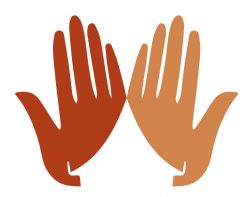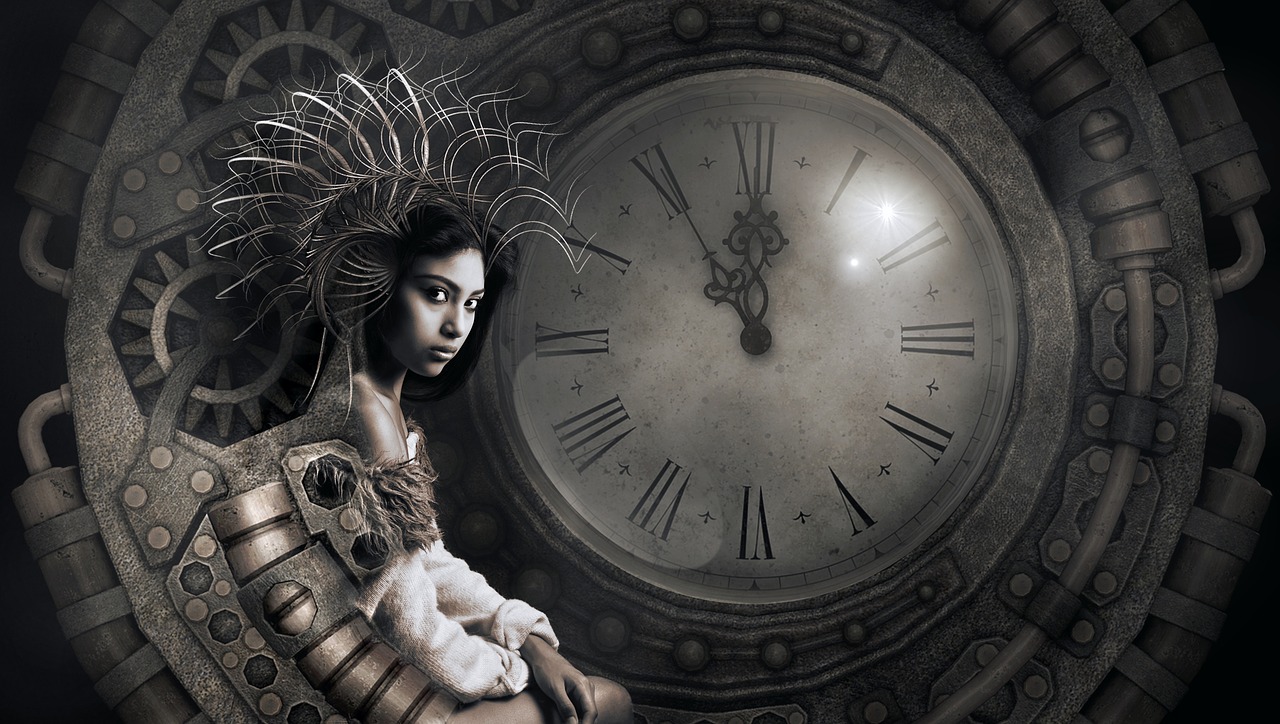One of the most common phrases we hear, relating to mindfulness and meditation is “to be in the moment”. This is of course, absolutely right, but what does it actually mean?
I’ve talked on the show before about the mind and it’s two primary abilities. To be aware and to create. Pure awareness is where the mind connects to the world through the 5 senses. Plus it is also able to be aware of itself. To see the thoughts flowing through, see the memories appearing and understanding the emotions that are being triggered by it all.
Then we have ‘creating’. The mind here, generates images, plans, worries about things, regrets things etc. Essentially, it generates things that don’t actually exist in the world.
Thoughts exist in the world, they are genuine experiences in the mind, but the stories within them aren’t necessarily true. The mind creates them. This may sound a little tricky to get the mind around. But we can see a real world example. A feature film exists in the real world, but the story is entirely fictitious. We can see thoughts in this way. The creating side of the mind can create the stories that then flow through the mind as thoughts.
So our awareness state can experience the world around us and also experience our internal world as the mental objects flow through the mind.
In meditation we use both abilities of mind, but our starting point is awareness. I’ll come on to how we use the creating side of the mind a little later but we need to start with awareness. When the mind is in the awareness state, it is literally ‘in the moment’. But what is a moment? A moment could mean length of time but, I think it is fair to say that here we mean a very short period of time. A brief time in our life. Now that is an interesting point because the Buddha expressed that we are actually only alive in the current moment. A previous moment is just a memory and the next moment is a plan, an aspiration etc. The only time we are alive is right now! The Buddha gave us his view of how long a moment is. He said that we are only actually alive for 1/64th of a finger snap!
These days, we know a great deal about the human brain and we know that it typically runs at frequencies between 40 and 100 Hz. However, neuro science doesn’t really tell us about the experience of mind and meditation is all about actual experience. Imagine a mechanic who works on cars all his life, but never takes his test and never drives. Although he knows inside out how the car works, he will never know what it is like to drive it!
Awareness of mind is like this. Knowing the constituent parts of the brain does not reveal to us the nature of mind. That, we have to experience.
So we can use the Body Scan meditation to experience this. When we focus on the body we are directing the mind to apply pure awareness. We have to be quite fixed in our approach. To be gently vigilant of when the create side of the mind cuts in. This will arise as expectations. Our mind will start to tell us what it thinks we should be feeling. Or perhaps critiquing us for not feeling anything. Thoughts unrelated to meditation will crop up. We must just let these go. We notice them and then turn our awareness back to the body.
So during that meditation you may have found the mind occasionally racing ahead and you had to pull it back. Our experience of meditation is very much like this but with practice you will find that you can start to be content to sit with the current experience.
It is interesting to contemplate this nature of the moment. Buddha expressed that we are only alive for this moment. He even gave an indication for how long a moment is. During the meditation you may have tried focussing fully and completely and seeing how long you could hold your attention on the single experience. When we do this, we begin to see that actually the experience of life is a little like the frames in a film. We are constantly moving to the next moment. Buddha felt that these moments or frames were very short indeed. A I mentioned in the first part of the show – just 1/64th of a finger snap. One of the reasons he placed so much emphasis on awareness of the present moment was the simple realisation that we can only affect our lives, through any form of action, in the present moment. So, we take our material decisions and put them into action with that brief moment of time. Then we move on. Each and every moment is therefore exceptionally important and through mindfulness we can become aware of each and every one of them and ensure we act skilfully and in a wholesome way to ourselves and to the world in which we live.
When we meditate, it can at first seem frustrating. It is almost as if the mind is conspiring against us to pull us away from the present moment. In truth, this is mental habit that we have built in to the mind. Because of our sense of self, we have developed a habit of protecting and nurturing this sense of self. Unsurprising and perfectly human but if we are to make progress with meditation we need to learn a new habit of being comfortable and content to rest in the present.
When we discover the ability to rest in the present we discover just how comfortable and restful a place it is. You also start to discover that many of the things you were worrying about, weren’t really that important. Because they aren’t in this moment and therefore can’t touch you. After-all, you are only alive in this moment. There is also something wonderful that emerges about enjoying the mystery and wonderful surprise of not actually knowing what is going to happen in the next moment and to be thoroughly OK with that.
Even the thoughts in our head that take us forward, such as a planning thought or a worry thought, are happening right now. They are flowing through the mind now and we can observe them without getting drawn in to their stories. We spend a great deal of our lives waiting for things or rushing for things but as soon as we ‘notice’ those waiting or rushing thoughts or mental states, by definition, we are back in the present moment!
Memories give us an impression that they are taking us back in our lives. Memories are useful as they inform us in great deal to help us with our ‘future’ moments. But actually, a memory is flowing through the mind right now. Again, if you notice the memory for what it is, a mental object, you are back in the present moment.
When we practice in this way, these mental objects which pull us away just evaporate and we are left with our pure experience of what is happening right now and we can then begin to connect more deeply with that experience.
Don’t go looking for deep insight or blissful experiences. Don’t go looking for the process to reveal hidden psychic experiences. Don’t go looking for colours or visions. Because this is expectation and delusion. Just another mental object which pulls us away. This is the mind taking you away from the present moment again. When we chase these things, looking perhaps for magic in life we are actually drawing ourselves away from the present moment. The very magic we are looking for is hiding in plane sight in the present moment. If we go looking for magic, we pull ourselves away from that deep place of contentment.
Mindfulness of breathing. Allow every breath to mark your life in its entirety.

